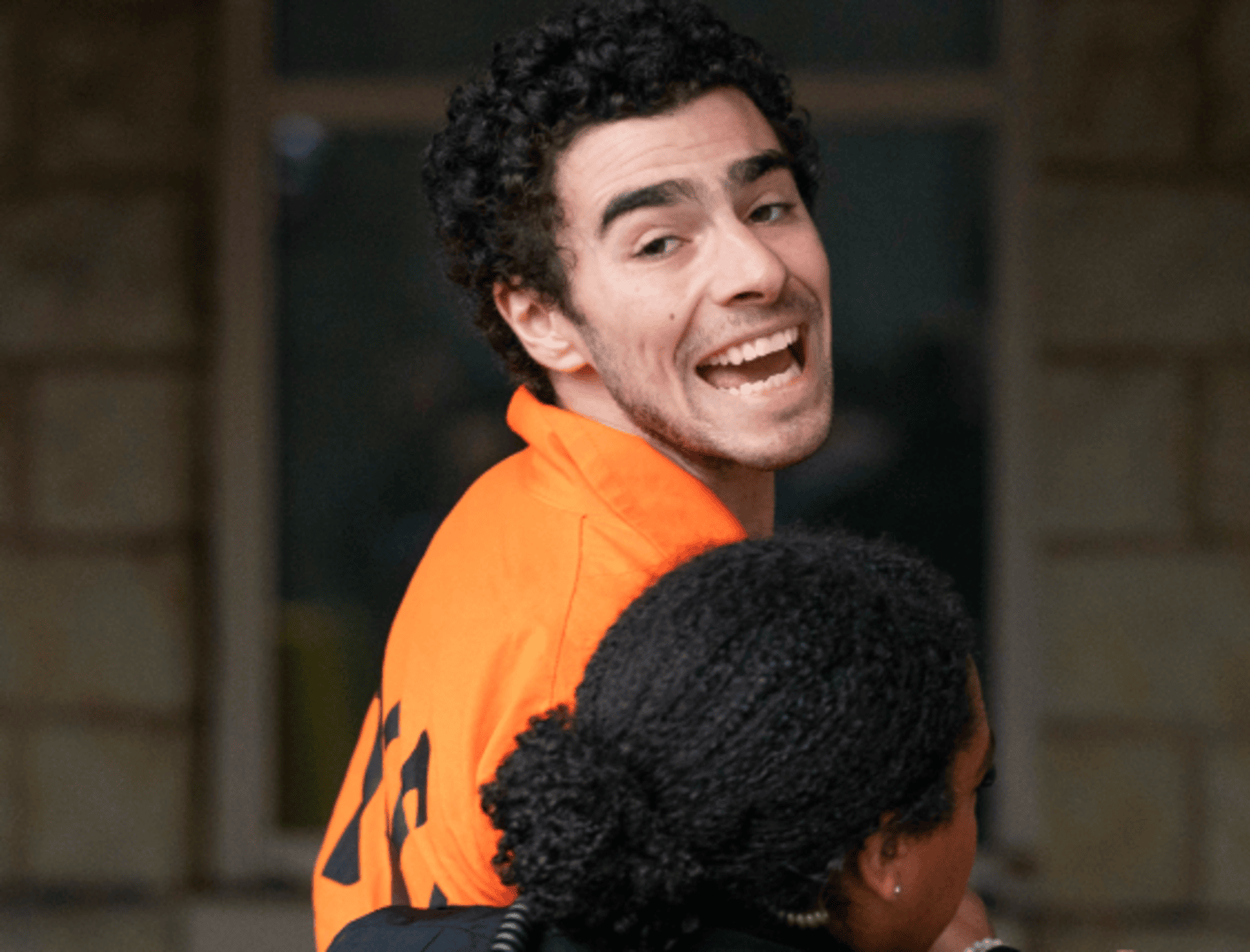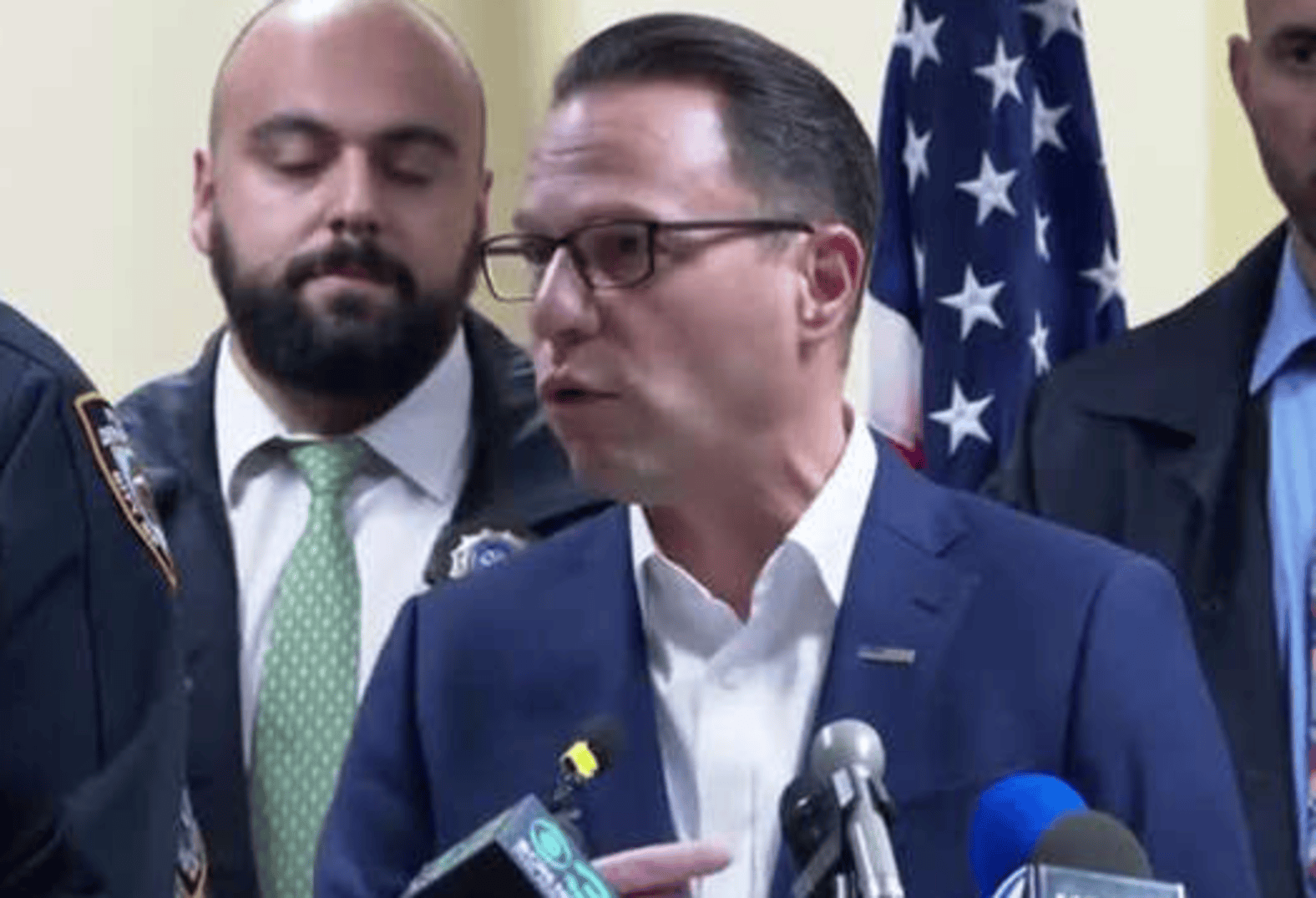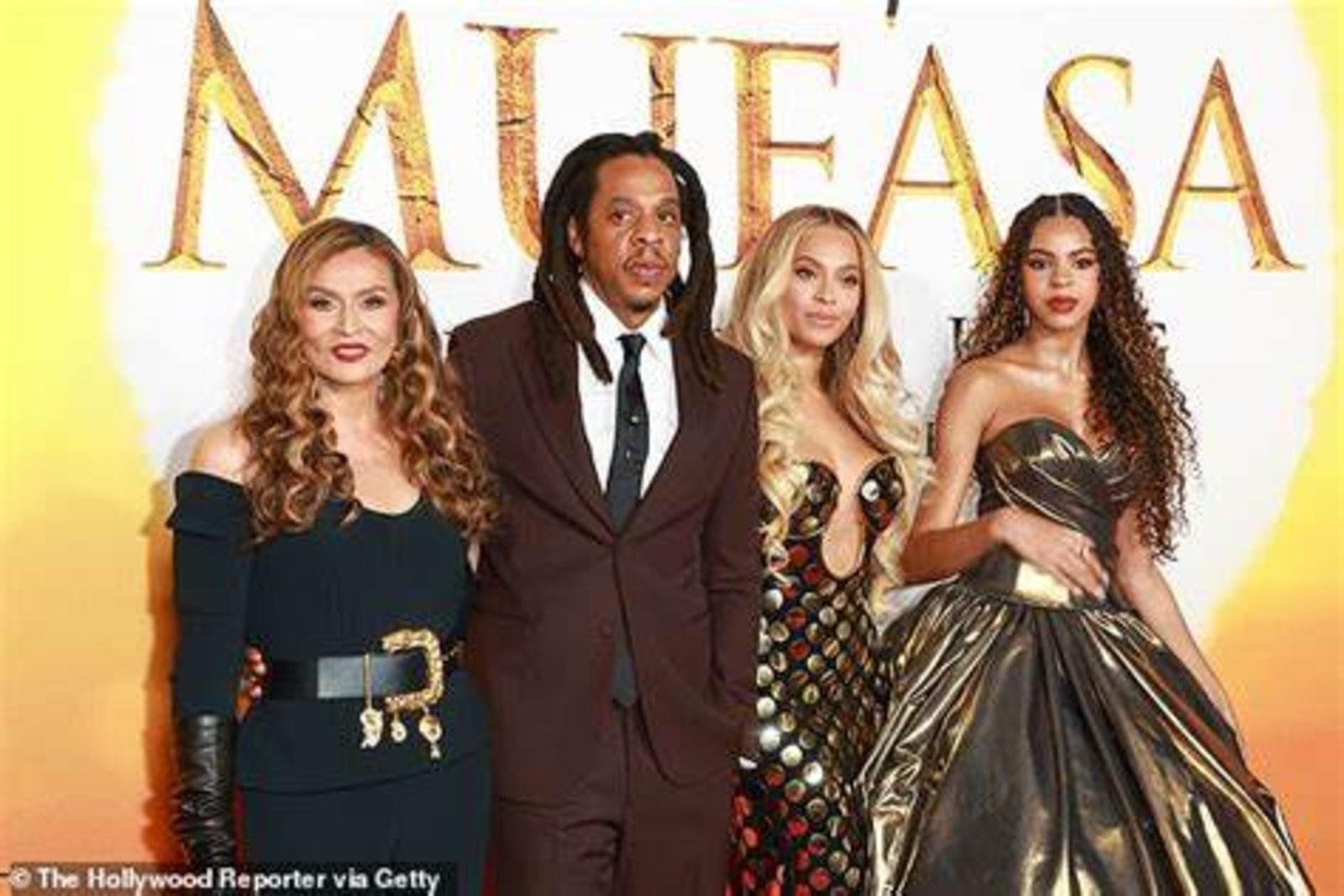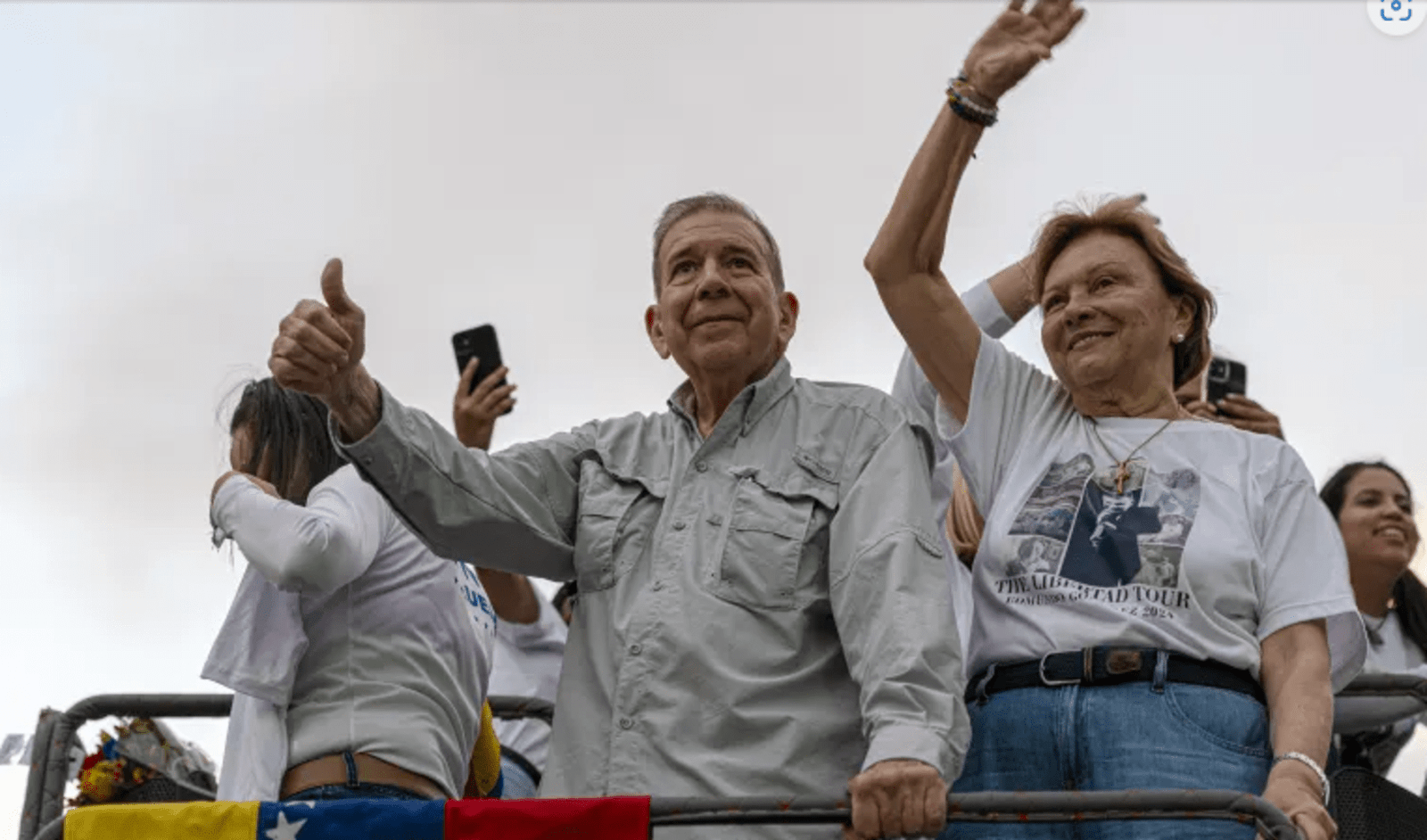
Crisis and Change: Venezuela’s Pivotal Election.
Venezuela’s recent election has been a significant event. It marks a critical moment in the country’s political landscape. The opposition sought to challenge President Nicolás Maduro’s hold on power. The outcome of this election could shape the future of Venezuela. Crisis and Change: Venezuela’s Pivotal Election.
The Political Context
Venezuela has been experiencing a deep political and economic crisis. His government has faced widespread criticism. Allegations of corruption and authoritarianism have been made. The country’s economy has also struggled, with hyperinflation and shortages of basic goods.The opposition has been fragmented but united for this election. They aim to challenge Maduro’s authority. Many Venezuelans were eager for a different future.
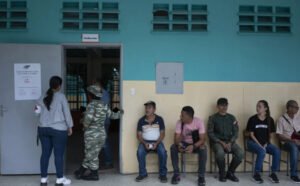
The Election Day
On election day, Venezuelans headed to the polls. The atmosphere was tense but hopeful. Many voters felt a sense of duty to participate. The turnout was seen as crucial. Observers noted the importance of a high voter turnout. It could indicate the public’s desire for change.Polling stations were set up across the country. Some reports indicated long lines of voters. The opposition encouraged people to vote despite potential challenges. There were concerns about voter intimidation and irregularities. However, the opposition remained hopeful.
Challenges and Controversies
The election process was not without issues. Reports of irregularities surfaced. Some voters claimed they faced obstacles in casting their ballots. The opposition raised concerns about the fairness of the election. They alleged that the government used state resources to influence the vote.International observers were present. They monitored the election process. There were also worries about the independence of the electoral commission.
The Role of the Military
The military played a crucial role in the election. In Venezuela, the military has significant influence. This relationship has been a pillar of his power.During the election, the military was deployed to maintain order. Their presence was significant at polling stations. The opposition expressed concerns about potential intimidation. It raises questions about the balance of power in Venezuela.
International Reaction
The international community closely watched the election. Many countries and organizations had a stake in the outcome. The United States, the European Union, and several Latin American nations had expressed concerns about the political situation in Venezuela.The international community was divided. Some supported the opposition’s call for change. Others were cautious, emphasizing the need for a peaceful and democratic process. The election’s outcome would likely influence international relations with Venezuela.
The Opposition’s Strategy
The opposition had a clear strategy. They aimed to unify the various factions against Maduro. This unity was seen as crucial for their success. The opposition campaigned on promises of political reform and economic recovery. They sought to appeal to the disillusioned population.The opposition faced challenges in reaching voters. State media often limited their access. They relied on social media and grassroots campaigning. The opposition hoped to mobilize a large voter turnout. They believed a strong turnout would signal a mandate for change.
The Government’s Response
They emphasized stability and continuity. The government portrayed the opposition as inexperienced and unreliable. They warned of potential chaos if the opposition gained power.The government used state resources to promote their message. They controlled much of the media. This gave them an advantage in shaping public opinion. The government also sought to maintain strong ties with the military and key political figures.
Voter Sentiment
Voter sentiment was mixed. Many Venezuelans were frustrated with the current situation. The economic crisis had taken a toll on daily life. There was a strong desire for change. However, some voters feared instability. They worried about the opposition’s ability to govern.The election was seen as a crucial moment. It was an opportunity for Venezuelans to voice their opinions. The election’s outcome would reflect the public’s sentiment. It could indicate whether the population wanted to maintain the status quo or pursue a new direction.
The Role of Social Media
It was a crucial tool for the opposition. They used it to communicate their message and mobilize supporters. Social media allowed the opposition to bypass state-controlled media.The government also used social media. They sought to counter the opposition’s message. Both sides used social media to rally supporters. It was a battleground for public opinion. The role of social media highlighted the changing landscape of political communication.
Post-Election Scenarios
The election’s outcome could lead to various scenarios. If the opposition gained significant ground, it could lead to political change. This change could bring new policies and reforms. However, it could also lead to increased tensions and instability.If Maduro maintained his hold on power, the status quo would likely continue. This could lead to further international isolation. The economic and political crisis might deepen. The future of Venezuela remains uncertain.
The Path Forward
Regardless of the election’s outcome, the challenges facing Venezuela are significant. The country needs political and economic stability. There is a need for dialogue and cooperation among all political factions. The international community can play a role in supporting this process.
Conclusion
The election in Venezuela was a pivotal moment. It highlighted the deep political divisions in the country. The opposition’s challenge to Maduro’s power was significant. The outcome could shape Venezuela’s future.The Venezuelan people have shown their commitment to democracy. They have faced numerous challenges with courage. The road ahead will be difficult. The election was a step in the ongoing journey toward stability and prosperity.


